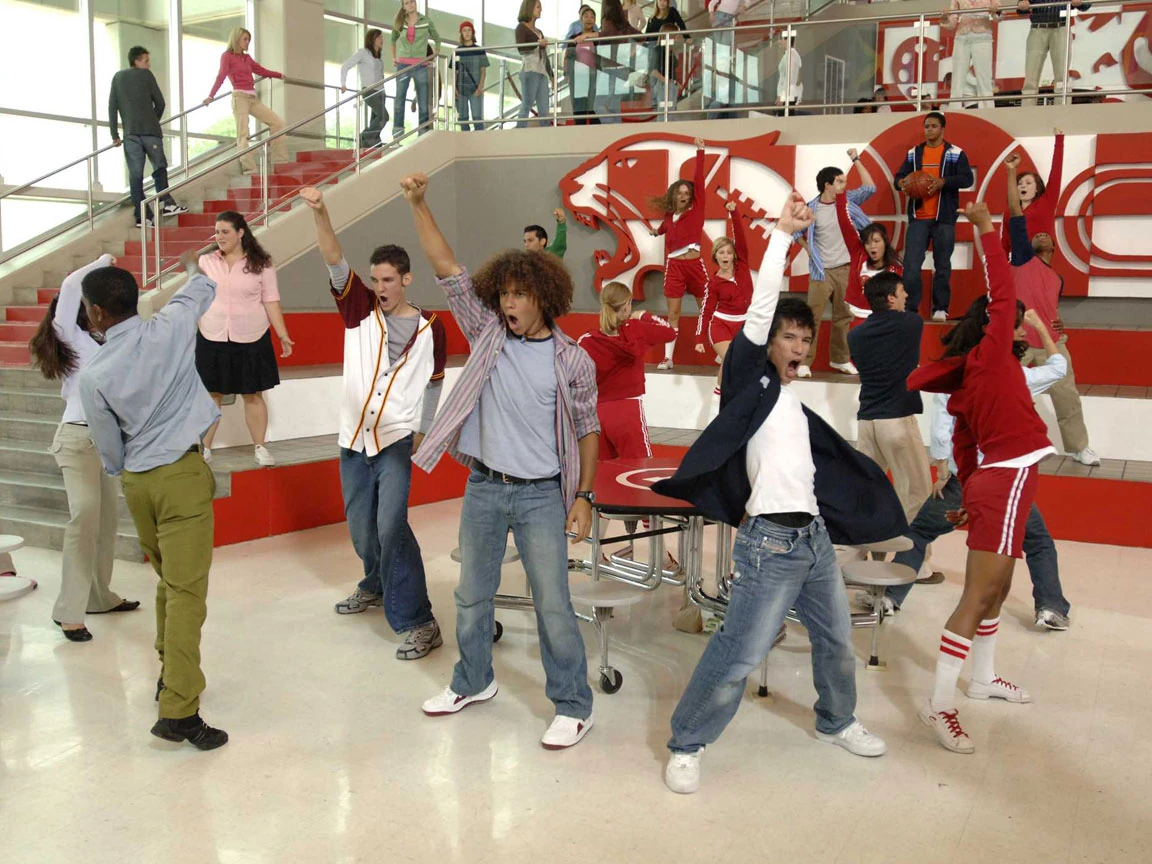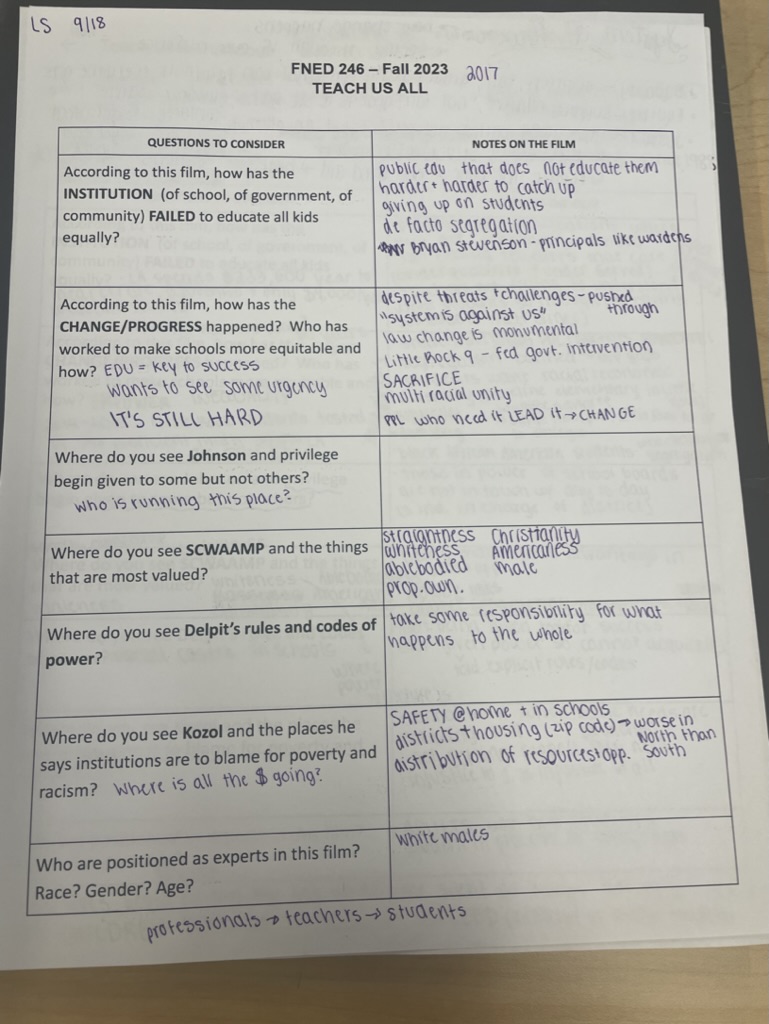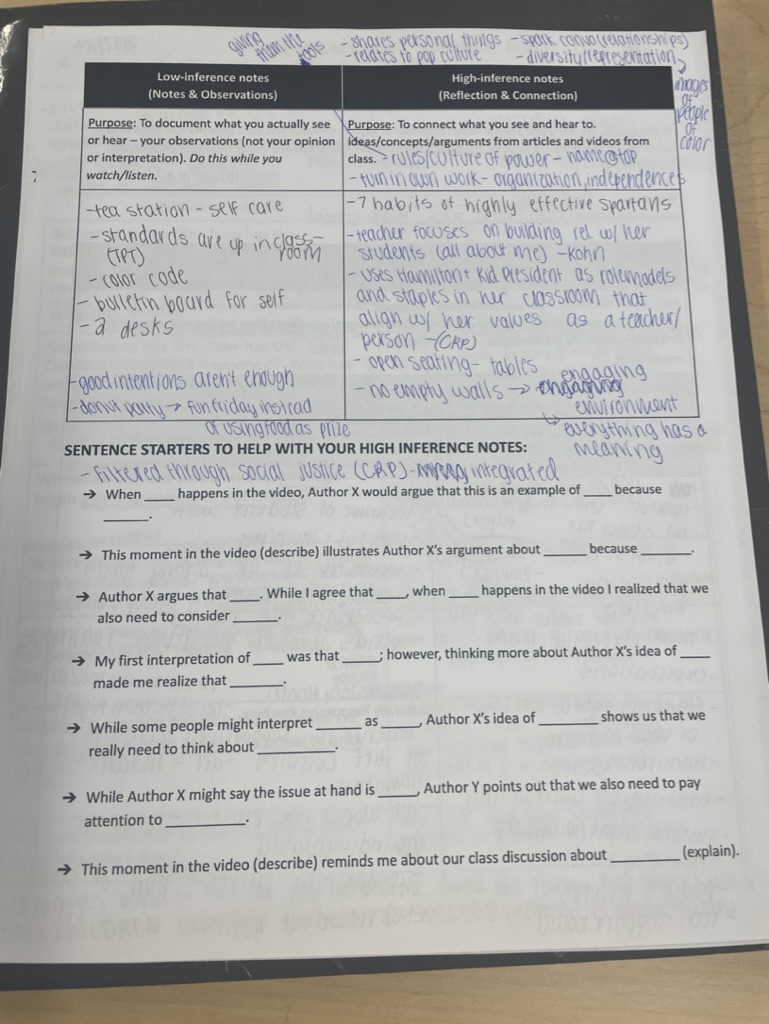After looking at my blog from this semester my first thought was WOW! I was amazed by all the articles, videos, and thoughts that we had written about. There was actually a point where I had trouble narrowing down the three main things that will stick with me.
The first thing that I would like to highlight is intersectionality. Although I have been introduced to this concept in other classes, I truly appreciated the in class task of making a collage of our different identities. This is something I would like to use going forward with a team I coach, classroom I teach or other group that I would be working with. I attempted to add the image from my blog on intersectionality but not sure if it is loading.
The second thing that stood out to me was Delpit's “Codes of Power.” While I might not remember what they are exactly years down the road, I will remember how every person initially has a different amount of power and it is the duty of those with power to explicitly tell those without power the rules in order to acquire power.
Delpit’s Codes of Power:
1. Issues of power are enacted in the classroom
2. There are codes or rules for participating in power that is there is a culture of power
3. The rules of the culture of power are a reflection of the rules of the culture of those who have power
4. If you are not already a participant in the culture of power, being told explicitly the rules of that culture makes acquiring power easier
5. Those with power are frequently least aware or least willing to acknowledge its existence. Those with less power are often most aware of its existence
The third and final thing that stood out to me in this class was learning more about ableism. While I have grown up with a sister who has special needs, there is still so much I do not know and would like to learn about people with differing abilities. The main takeaway from Hehir’s piece is that people are often afraid of what they do not know and that is something that I would like to work on going forward.
Overall, I am grateful for the opportunity to have taken this class and opened my eyes and mind to more than I thought I could have ever known and thank you to Dr. Bogas and our class for making this class a community. Thank you!












